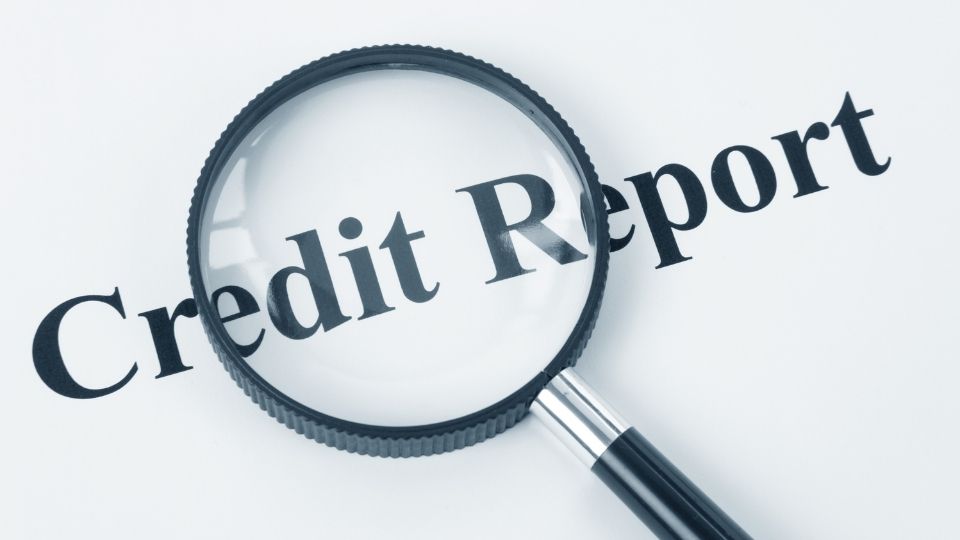What Is Financial Health?

"A big part of financial freedom is having your heart and mind free from worry abut the what-ifs of life." - Suze Orman, Personal Finance
The Consumer Financial Protection Bureau, a U.S. government agency, talked to consumers and experts from all over the country and narrowed down four elements to financial health (2015):
- Feeling in contol
- Capacity to absorb a financial shock
- On track to meet goals
- Flexibility to make choices
Another way to think about it: Financial health is the feeling of having financial security and financial freedom of choice, in the present and when considering the future (Garman & Forgue, 2018).
So how do you find that feeling of financial control that leads to financial freedom? Working on your financial health. We may all define financial health differently, but here are some common checkpoints for most people:
- Age 10: learn to save money up for something you want, sell a good a service for money, donate money, use money to do something kind for someone else.
- Age 20: learn to budget, track income and expenses, and invest. Regularly contribute to a Roth IRA, build credit, make on-time debt payments, establish an emergency fund.
- Age 30: be financially independent from parents, pay off student debt, have a year’s worth of salary saved for retirement, have current estate planning documents.
- Age 40: have three times salary saved for retirement, increase investment contributions, pay down debt.
- Age 50: have six times salary saved for retirement, increased knowledge of aging parents’ finances, increase net worth, learn more about Social Security, Medicare, and retirement benefits and timing.
- Age 60: have eight times salary saved for retirement, pay off mortgage, debt free.
Helpful questions to ask include, “What kind of lifestyle would I like to live now and in the future?”; “Am I on track with the checkpoints at each decade?” and, “What does financial health mean to me?”
Three Tools to Aid Financial Health
The Financial Checkup©.
The Financial Checkup©, a quick and easy annual assessment of your financial situation (2002), breaks down several topics like savings, retirement, and insurance. Each section comes with a worksheet that helps you evaluate where you are currently and then set goals for the future. The author of The Financial Checkup©, Alena Johnson, suggests filling out the worksheets once a year. She said:
“By evaluating your financial situation on an annual basis, you will be able to keep up with changing situations. You will also be able to evaluate progress toward your goals which will help provide peace of mind about your financial situation.”
This tool can help you reach your definition of financial health.
PowerPay™.
PowerPay.org is a free online program (also an iOS App) that will teach you how to use power payments to eliminate debt fast and gain control of your financial future. Create a free account, plug in your creditor information, and PowerPay will develop a personalized, self-directed debt elimination plan that you can put into practice now. Eliminating debt is great for financial health.
Money Habitudes®.
Everyone has unique money habits and personalities. Money Habitudes® is a resource to help you identify and understand your money personality, which can help you be more successful setting goals to approve financial health. You can now find all the tools to discover your money personality online at https://online.moneyhabitudes.com.
Financial health is about making your money work for you. Start with an assessment of your big-picture financial situation using The Financial Checkup©. Utilize PowerPay™ to create a plan to eliminate debt quickly. Discover your money personality using Money Habitudes® and use your strengths to achieve financial health. For more real-life money smarts, information, and resources, visit www.utahmoneymoms.com and join the conversation on Facebook and Instagram @utahmoneymoms. Let us know what you’ve used to boost your financial health.
Further Resources
References
- Garman, T. & Forgue, R. (2018). Personal Finance. Boston, MA: Cengage.
- Johnson, A. (2002). The Financial Checkup: A quick and easy annual assessment of your financial situation. Retrieved from: https://www.amazon.com/Financial-Checkup-assessment-financial-situation-ebook/dp/B076B7CYQY
- The Consumer Financial Protection Bureau. (2015). 4 elements define personal financial well-being. Retrieved from: https://www.consumerfinance.gov/about-us/blog/4-elements-define-personal-financial-well-being/
Authors
Amanda Christensen and Elizabeth Vance, Intern
Related Research









